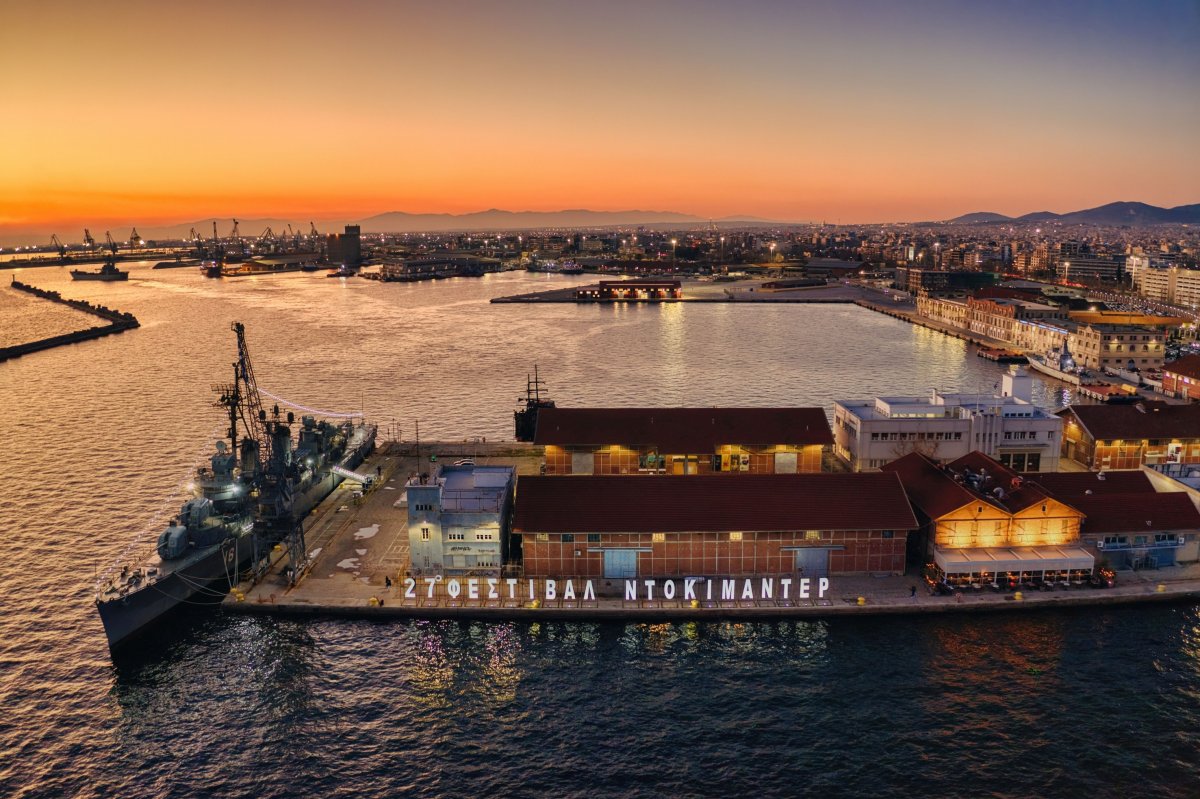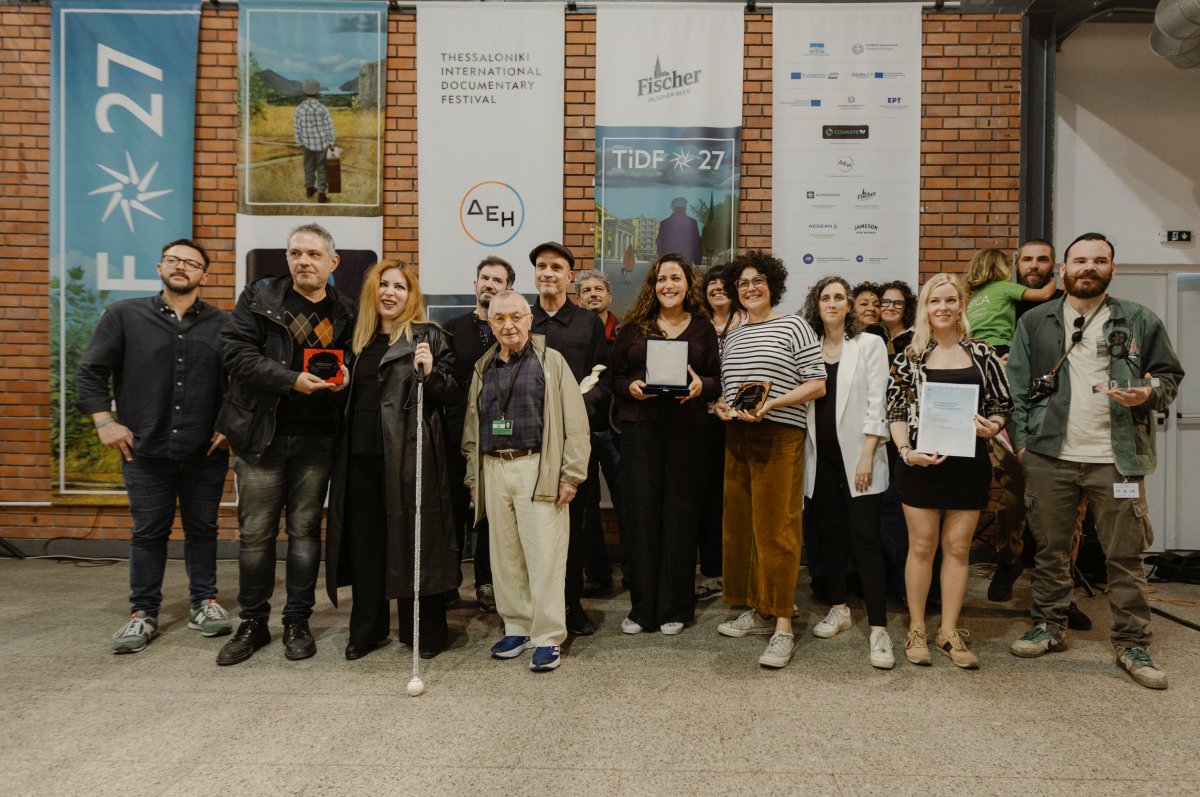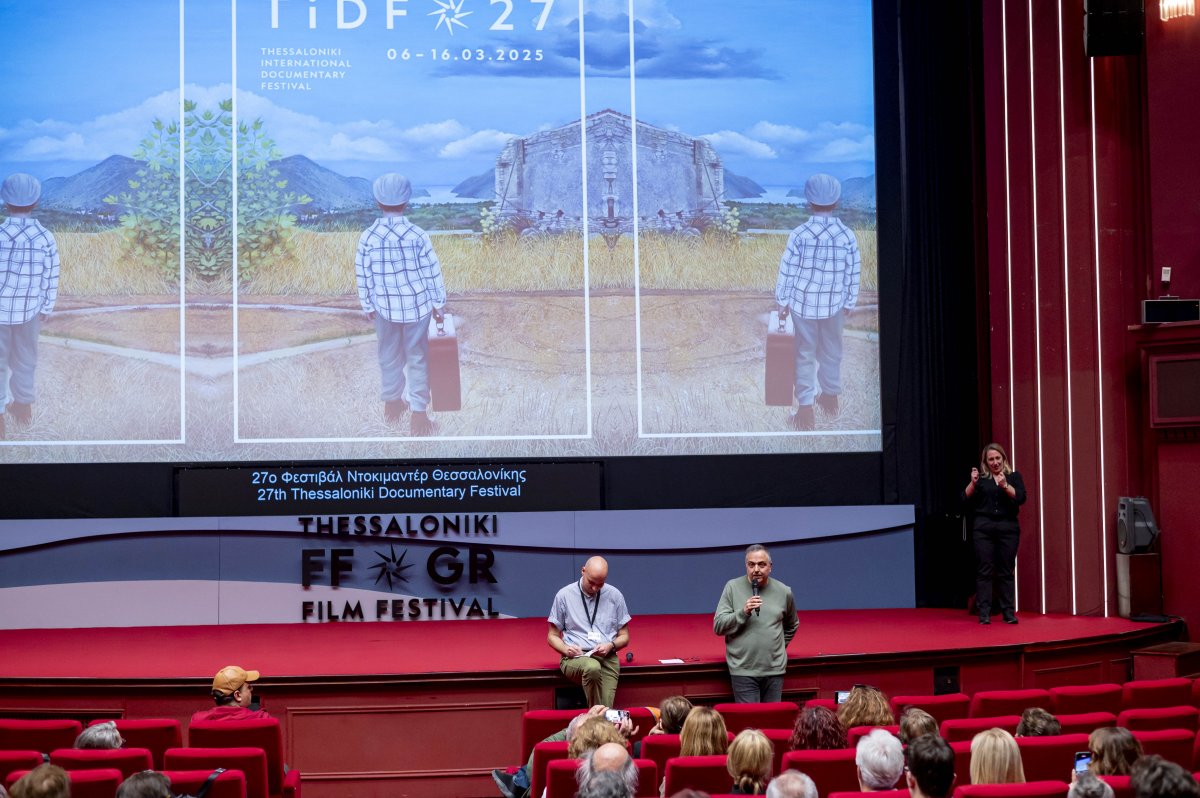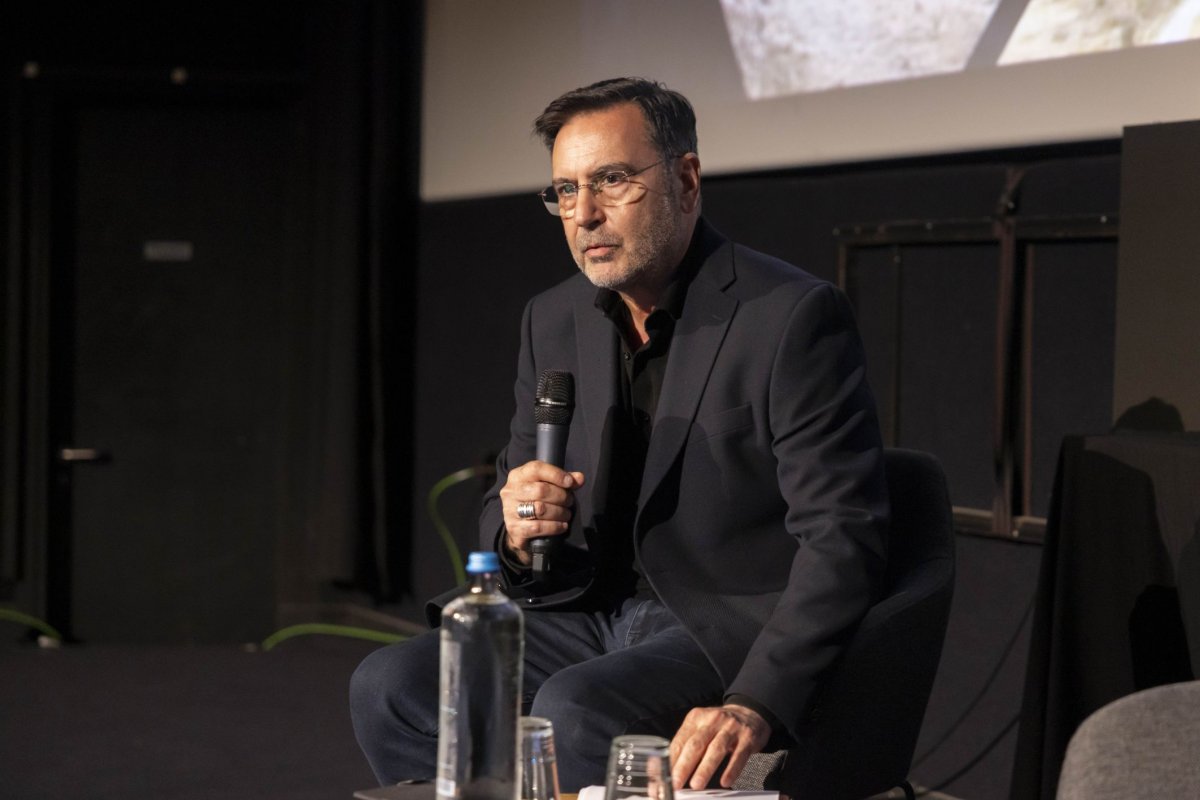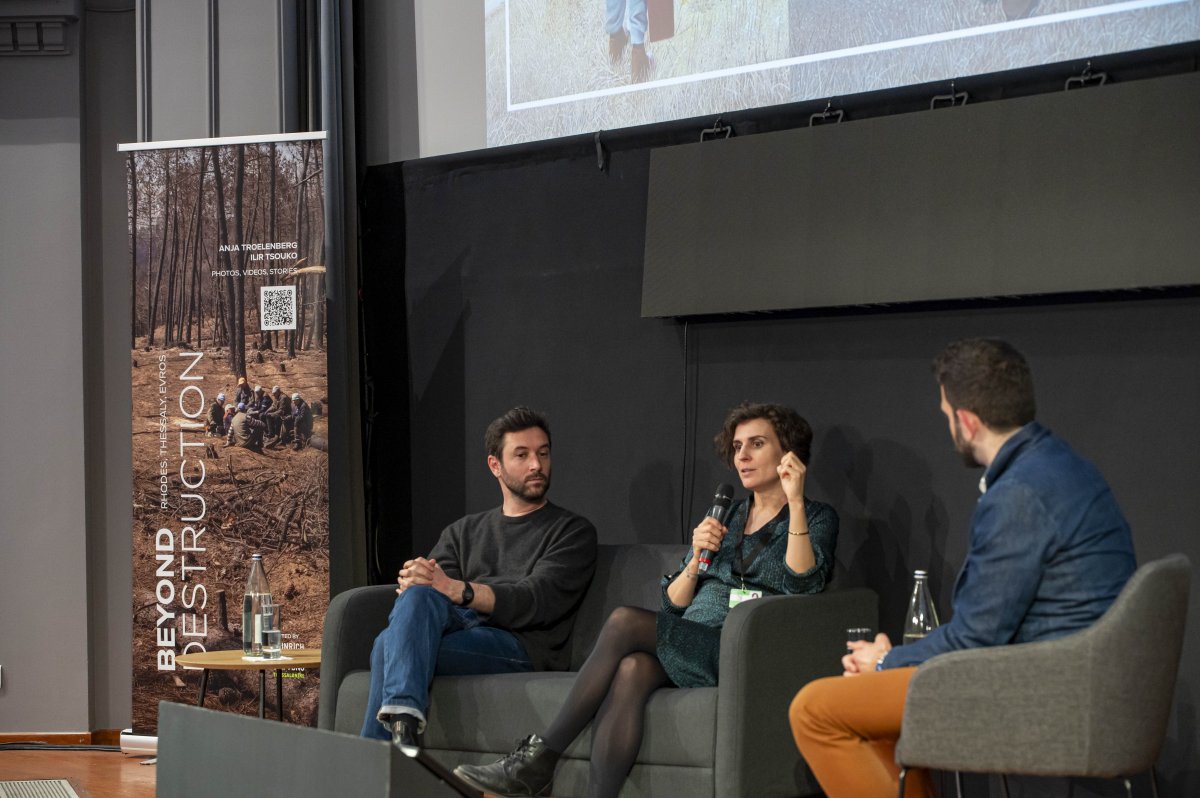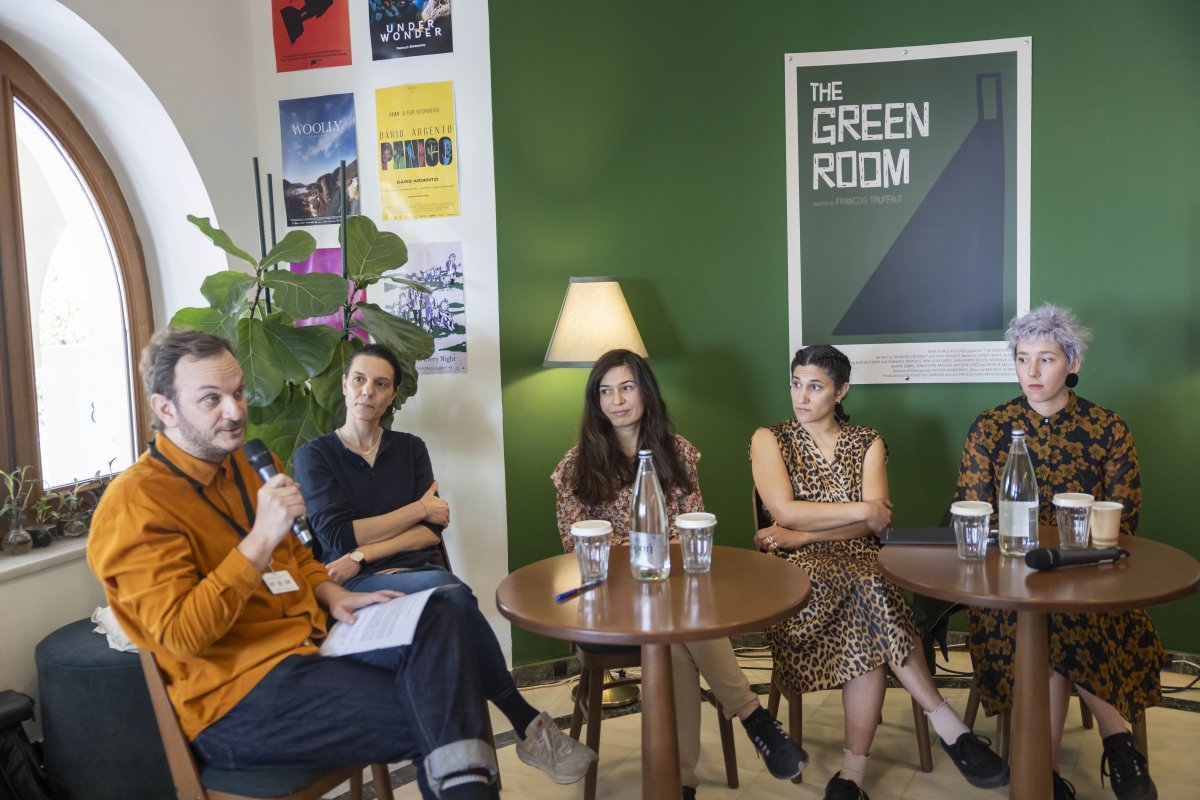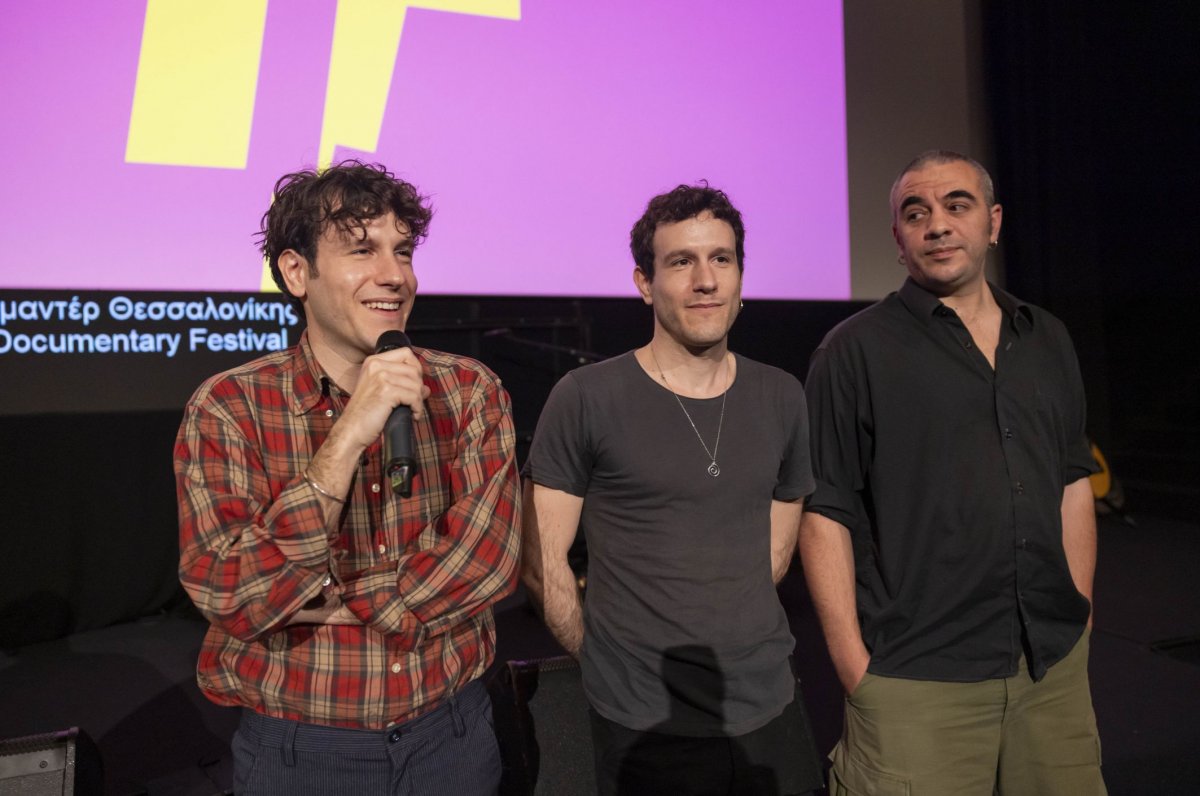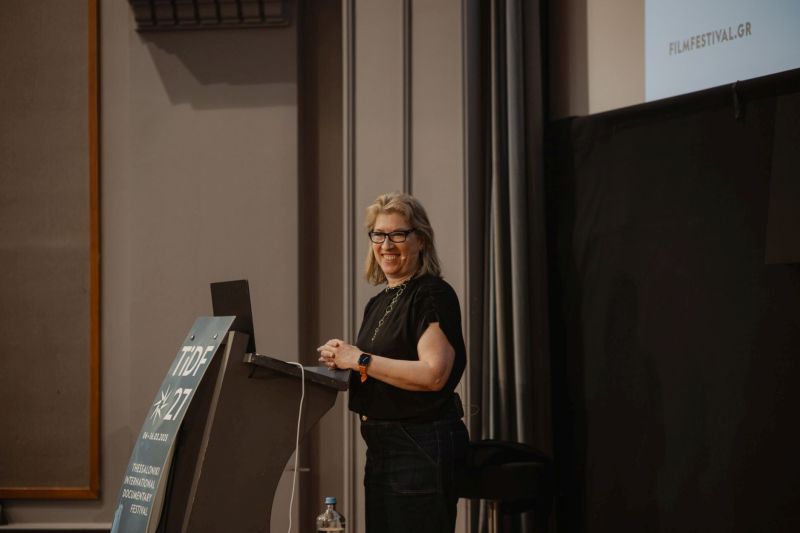In the ice-cold Patagonia desert, living conditions are rough, as portrayed in Gerónima, a landmark film in Latinamerican cinema. The titular female hero is unable to offer safety to her four little children, but at least she manages to make ends meet, taking life as it comes and facing hardships with perseverance. When a state health official decides to intervene so as to “improve” the family’s quality of life, he fully implements the racist policies of the 70s – during the dictatorship and throughout the “Dirty War.” The entire family (of Mapuche origins) is uprooted and transferred to a public hospital. In this new environment, Gerónima feels unwanted and struggles to avoid a breakdown. The original recording of Gerónima’s clinical diagnosis is heard as a background narrative, firmly documenting the atrocious historical events that inspired the script.
Gerónima
Gerónima

|
No physical screenings scheduled. |
- Direction: Raúl Tosso
- Script: Raúl Tosso, Carlos Paola
- Cinematography: Carlos Torlaschi
- Editing: Raúl Tosso, Fernando Guariniellio, Ulises Francezón, Juan José Arhancet, Sabina Homs
- Sound: Jorge Nisco, Fernando Antonietta
- Music: Arnaldo Dipace
- Actors: Luisa Calcumil, Patricio Contreras, Mario Liuciani, Ernesto Mitchell, Rufino Muñoz, Negrín Muñoz, Nicolás Calcumil, Gloria Calcumil, Alicia Martínez, Nicolás Nieves, María Isabel Cané
- Production: Cooperativa de Producción del Instituto de Arte Cinematográfico
- Executive producer: Luis Barberis
- Sets: Alberto Díaz
- Format: DCP
- Color: Color
- Production Country: Argentina
- Production Year: 1986
- Duration: 95΄
- Contact: Raúl Tosso
- Awards/Distinctions: One Future Prize – Munich IFF 1987
Raúl Tosso
Raúl Alberto Tosso was born in 1953 in the city of Avellaneda, Buenos Aires, Argentina. After high school, he enrolled in the Escuela de Cine de Avellaneda. His thesis, the short film titled El Viaje, won several national and international awards. His film Gerónima, which he made together with his fellow graduates, premiered in 1986 and earned numerous national and international awards. After graduating, he taught filmmaking and served as a Director of Cultural Programming for his native city, as well as a President of the Film School of Avellaneda. He has led workshops, taught seminars on film, and participated as a jury member in several film festivals in Argentina and abroad. In between shooting films, he devoted his time to teaching, institutional documentaries, and TV programs. For the past several years, he has been writing screenplays and theater adaptations.
Filmography
1986 Gerónima
1996 S.O.S. Gulubu (co-direction)
1999 Tres Veranos
2006 1420, La Aventura de Educar (doc)




